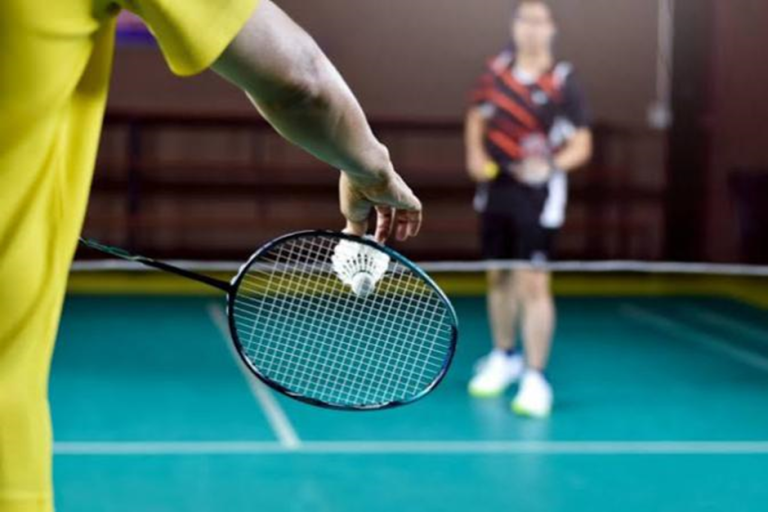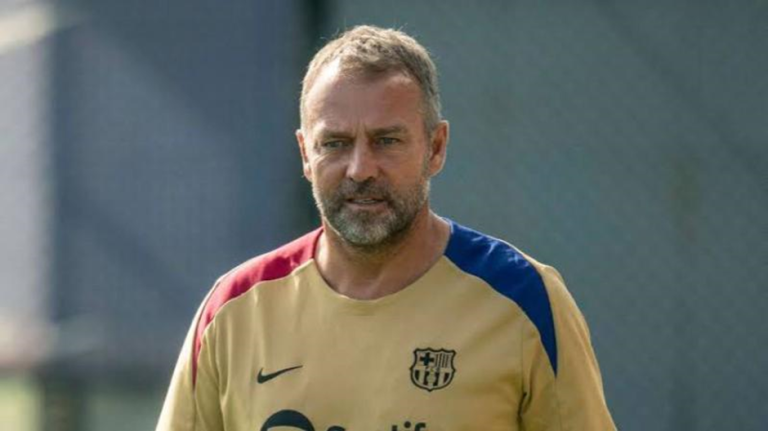People have traditionally accepted the suggestion that English football is about kick and rush, and Italy about catenaccio-coated defense. Players and coaches from each country have traditionally consistently practiced the traditional philosophy. England and Italy have become very different in football, so in the past there were rarely players from the English league who dared to cross into Italy, and vice versa.
Geographically England and Italy are located not so far away. But in football they choose a different style. England is known for playing fast passes and relying on physics, while Italy emphasizes technical and defense aspects. Gianluca Vialli is a former player and coach who has had a career in England and Italy. After leaving football, Vialli researched English and Italian football.”Flexibility in accepting cultural differences will make soccer flourish. When football starts to develop, the philosophy will adapt.”
In her thesis entitled ‘L’Italiano E’Inglese, Retiree at Una Notte Insonne (Italian and English: Thought in a Night Without Sleep), Vialli explained how several factors correlated to shape the philosophy of football in both countries. Vialli used her experience as a player in Italy and England until as a coach at Chelsea and Watford. Vialli also interviewed coaches and players who had worked in England and Italy, such as Arsene Wenger (Arsenal), Sven-Goran Eriksson (ex-England coach), Marcello Lippi (ex-Italy coach), Ray Wilkins (ex-Chelsea assistant coach), Gordon Taylor (ex-England player), David Platt (ex-England player) and Marcel Desailly (ex-French player).
From his observations, there is a relationship between geographical conditions and the training menu. The weather in England is known to be colder, besides the wind there blows 50% faster than in Italy. To adapt to these conditions, coaches in the UK tend to implement a training menu that is focused on strengthening physically.
So that the average portion of the training menu for most clubs in the UK is a combination of physical training and simulation games. While in Italy the training portion is dominated by technical training menus and game simulations. Vialli’s conclusion has a point. If we look at the play of clubs in England in the mid-90s tend to rely on physical and possession of the ball through fast passes, while in Italy it relies more on technical where a player tends to be longer in mastering and playing the ball. But in fact it is not absolute and applies forever.
Vialli who lived from football in the 80-90s could think like that. Football fans in those days might also agree. But soccer is dynamic. There is a more dominant factor that is able to change the philosophy of football, namely money. England who started first. Sky Sports and Rupert Murdoch brought the concept of a new league in 1992 which was named the Premier League. With the support of a giant British TV station, the Premier League is broadcast in many countries.
The impact Premier League clubs get reciprocity in the form of the distribution of the value of broadcast rights. The Premier League is becoming more quickly known. The value of its broadcasting rights jumped from 51 million pounds in its first five years to 2.75 billion pounds in 2018. British clubs are getting rich.
English football is opening up. The Premier League has become a destination for players from all over the world because of the lucrative salary. Not only players, the best coaches are interested in trying the Premier League. The Premier League is now controlled by foreign coaches where 11 of the 20 Premier League clubs are coached by foreign coaches. From the coaches new football ideas were brought to England. From Tiki-taka Guardiola to Gegenpressing Klopp gave a new style of football in England. The British slowly abandoned their traditional philosophy, kick and rush.
Antonio Conte is a coach who has handled English and Italian clubs talking about the differences in football in England and Italy. According to Conte Italian football is more technical, but in England many things outside the technical aspects that make the league there interesting. “The English League used to be very intense, but not as good as Italy in terms of game tactics. But now many foreign coaches in England are tactically good, the arrival of foreign coaches increases their technical level. The FA is good at making a league that Europeans like. They are able to integrate the economic and technically, “Conte told Sky Sports at the start of Chelsea.
On the one hand, the invasion of coaches and foreign players pushed aside the ‘native English’. Players from British soil increasingly difficult to penetrate the core squad. Some are willing to be a reserve, some others struggle to become survivors.
One way to ‘survive’ is to get out of England. Those survivors are then dared to cross the philosophical boundaries for more minutes of play. In the last three seasons Italy has been a former Premier League destination. Starting from Joe Hart (Torino), until this season there are Aaron Ramsey (Juventus) and Chris Smalling (AS Roma). Not to mention the former Premiership foreign players who also crossed to Italy such as Romelu Lukaku and Alexis Sanchez (Inter). Italy began to try to open up to accept the culture of foreign football.
The opinion that a player will only succeed in competitions with the same football culture is no longer valid at this time. The English League proves anyone who is talented will succeed. Winning the English League does not have to use kick and rush, even the Tiki-taka can already produce two titles for Man City. Flexibility in accepting cultural differences will make soccer flourish. When football starts to develop, the philosophy will adapt.
ASL
















